Chinglish Menu Posted by sasha on Oct 24, 2012 in Culture
For anyone who’s been to China, you’re probably very familiar with the wonderful art of Chinglish (中式英语 – zhōng shì yīng yǔ). From hilarious t-shirts in the market that display text such as, “I give all a smile because I am in the cheerful monkey,” to silly signs on the lawn encouraging you to “Cherish the poetry feelings of grass,” to that well-known Chinglish proverb “Good good study, day day up” (好好学习天天向上 – hǎo hào xué xí tiān tiān xiàng shàng), Chinglish is everywhere you look here. Some of the funniest Chinglish can be found on the menus of local restaurants, where direct translations of Chinese names often result in very funny English names. Unfortunately, the powers that be in Beijing are doing their best to do away with Chinglish menus in the city by offering restaurants a detailed list with the official English names of thousands of famous Chinese dishes. While there may come a sad day in the future where you no longer find “chicken without a sex life” or “red burned lions’ heads” on the menu, thankfully the authorities can’t move fast enough to do away with the widespread Chinglish that exists on Beijing menus. To prove this, I present to you a series of pictures fresh from the menu of a restaurant located on the campus of one of China’s most famous universities, where I work as an English teacher.
Mmm… don’t you just want to dig right in to a big plate of “strange taste tender lamb“? Here’s to hoping that the authorities either keep moving slowly or just give up entirely on their efforts to rid the capital of Chinglish menus. If you ask me, Chinglish is a unique aspect of Chinese culture that should be embraced, not eradicated. If only China would see it that way, too.
Discussion
- Have you ever seen Chinglish?
- What’s your favorite Chinglish that you’ve seen?
- Do you think China should do away with it or embrace it?

Build vocabulary, practice pronunciation, and more with Transparent Language Online. Available anytime, anywhere, on any device.
About the Author: sasha
Sasha is an English teacher, writer, photographer, and videographer from the great state of Michigan. Upon graduating from Michigan State University, he moved to China and spent 5+ years living, working, studying, and traveling there. He also studied Indonesian Language & Culture in Bali for a year. He and his wife run the travel blog Grateful Gypsies, and they're currently trying the digital nomad lifestyle across Latin America.




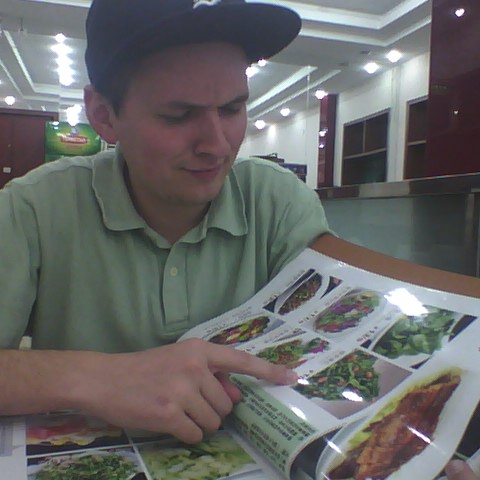
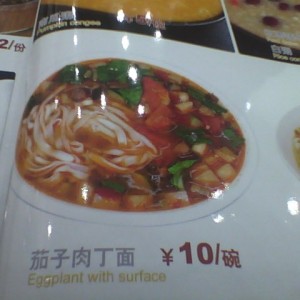
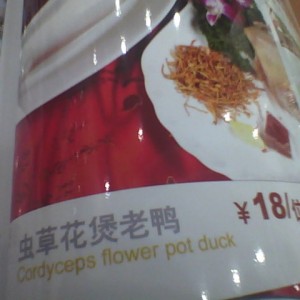
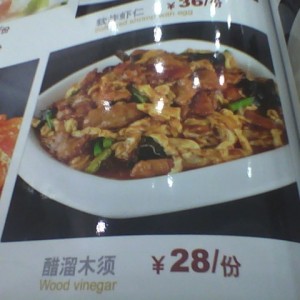
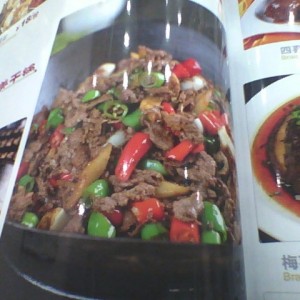
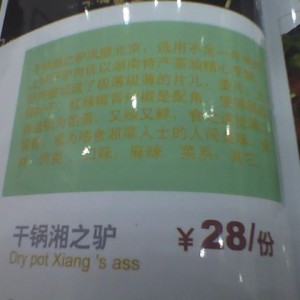
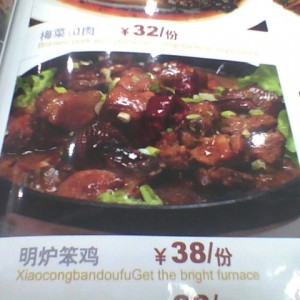
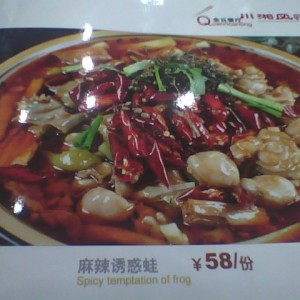
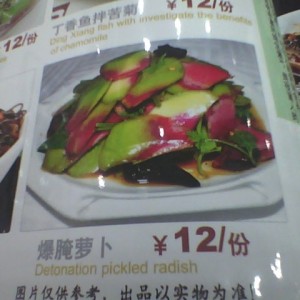
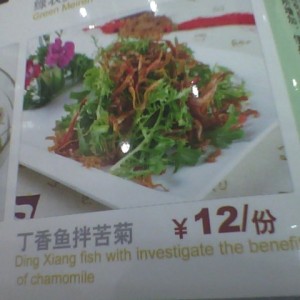
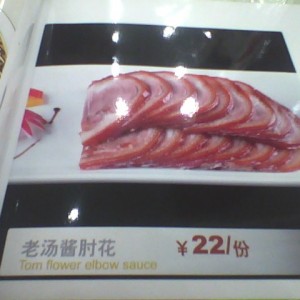
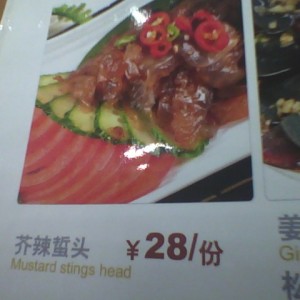
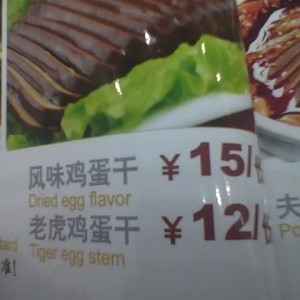
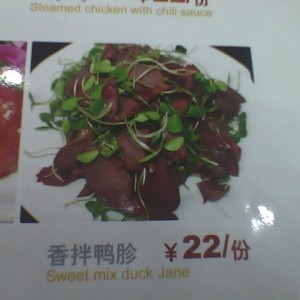
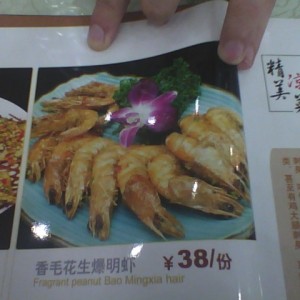
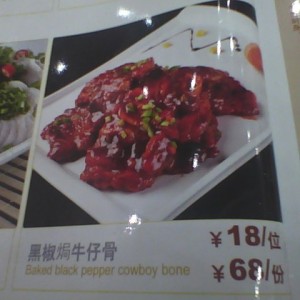
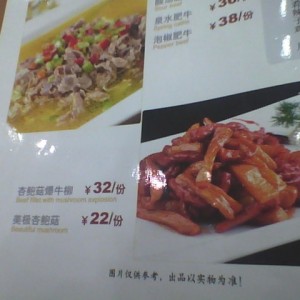
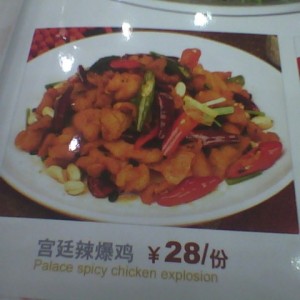
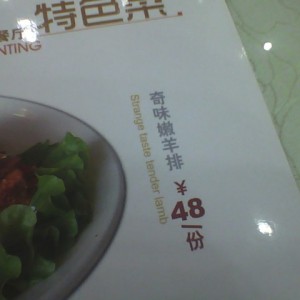

Comments:
Read a Chinese Menu:
Great collection of Chinglish on menus. Always a favorite past time of mine.
I think my favorite is “Mustard stings head”. No idea at all what you are getting there.
somary:
great to be here want to know Chinese language